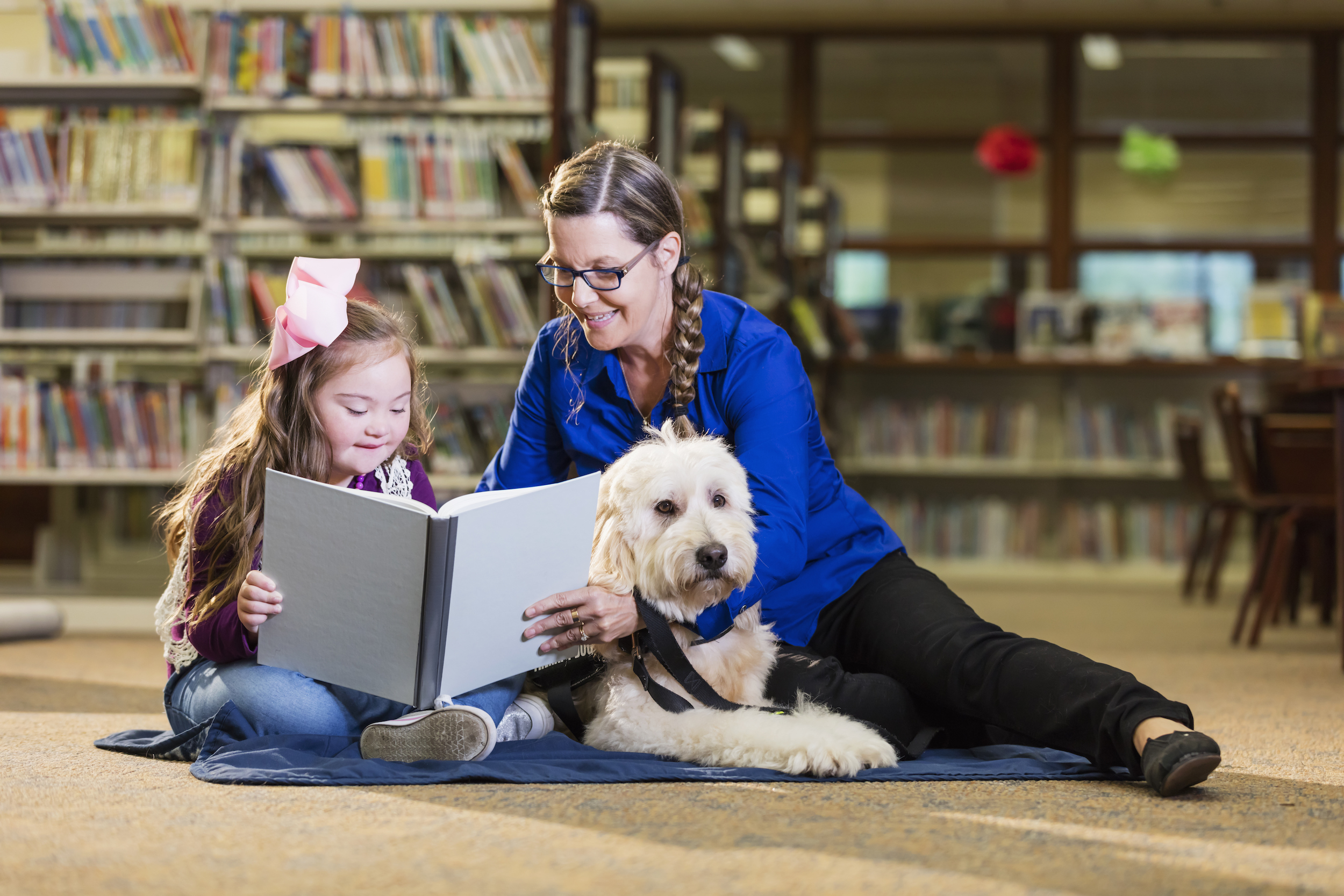Knowledge Is Power: Individualized Education Program Preparation
For many parents, Individualized Education Program (IEP) meetings can be a stressful part of your child’s education – and they don’t need to be. As Sir Francis Bacon and Schoolhouse Rock both told us, knowledge is power!
Here is some information that may help you walk into that meeting feeling confident and ready.
Q: What is an IEP?
A: An IEP is a customized learning plan that is developed for children with special needs in an American public school. This document is forged in cooperation between a child’s parent or guardian and members of district personnel who also understand the child’s needs. It helps parents and educators work together to identify and focus on the areas your child may need extra assistance or instruction with, as well as any required accommodations to ensure your child’s academic success. It’s an important piece of the process to ensure your child receives a free and appropriate public education.
Q: How should I prepare for an IEP meeting?
A: Request a blank copy of the IEP form from your district and prepare a list of questions, concerns and information specific to your child’s disability before attending the meeting. This will help you frame questions and ensure that nothing is left off the form or lost in communication. Bringing an additional person and letting the school know who you’re bringing – be it a friend, family member, advocate, family navigator or someone to listen and take notes – can be extremely helpful. Talk with other parents who’ve previously completed an IEP meeting in your district to get a better feel of what to expect and what’s expected from you. This will help make the best use of your time and ensure all your questions are answered.
Q: What if I’m having difficulty understanding something about my child’s IEP?
A: Each state has a Parent Information Center (for Minnesota, that’s PACER) that you can contact for additional clarification and instruction. Again, fellow parents who’ve been in your shoes can also be a helpful resource – and organizations like PACER often provide webinars and workshops on topics including IEPs and special education rights for parents, caregivers and other professionals.
Note: If you haven’t already, research the Individuals with Disabilities Education Act (IDEA Act) and learn more about special education law. The IDEA Act guarantees all children with special needs a free and appropriate public education in the least restrictive environment, along with disability evaluations and the right of parents and children to not only have input on the IEP creation process but to negotiate an IEP they don’t feel is working. Remember: Nothing is set in stone – your child will grow and change, and their IEP can, too!
LBSA’s Family Navigation Services offers decision support and guidance related to many service options, like IEPs. Sign up for a FREE consultation to learn more.
